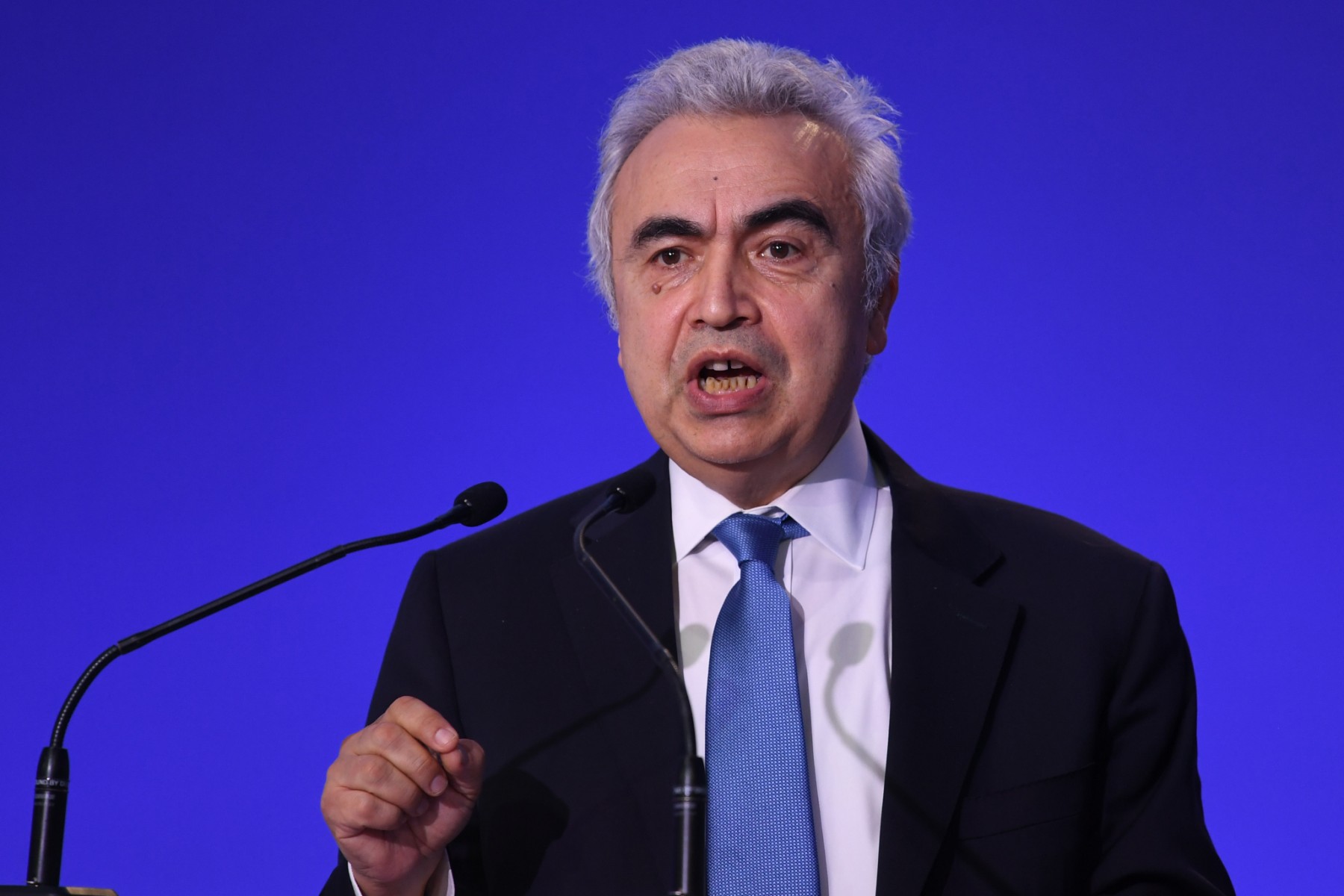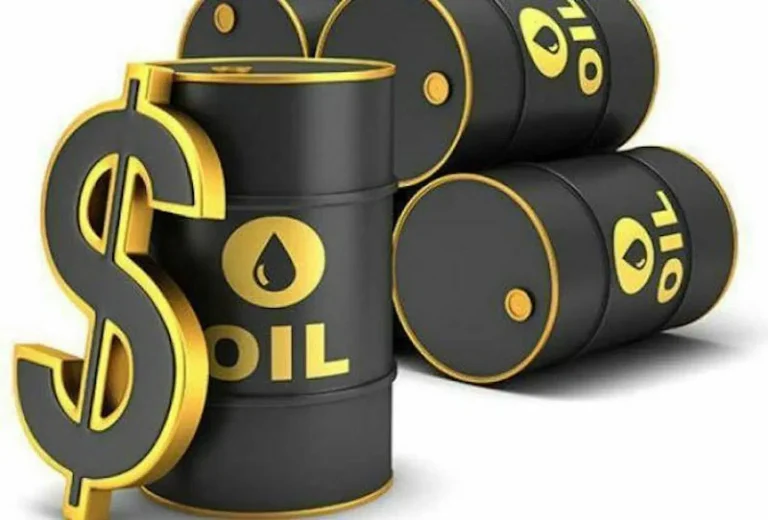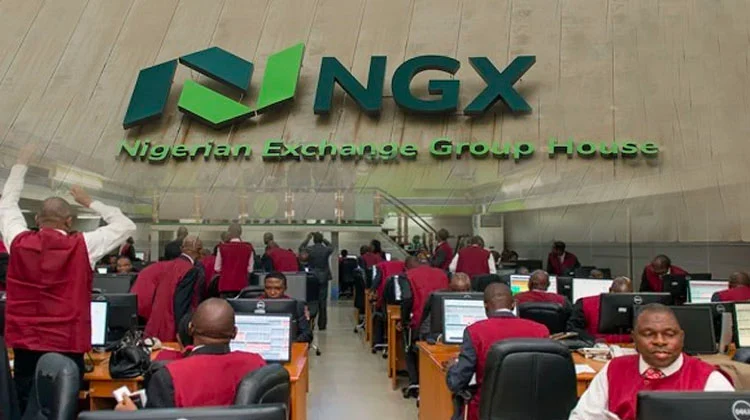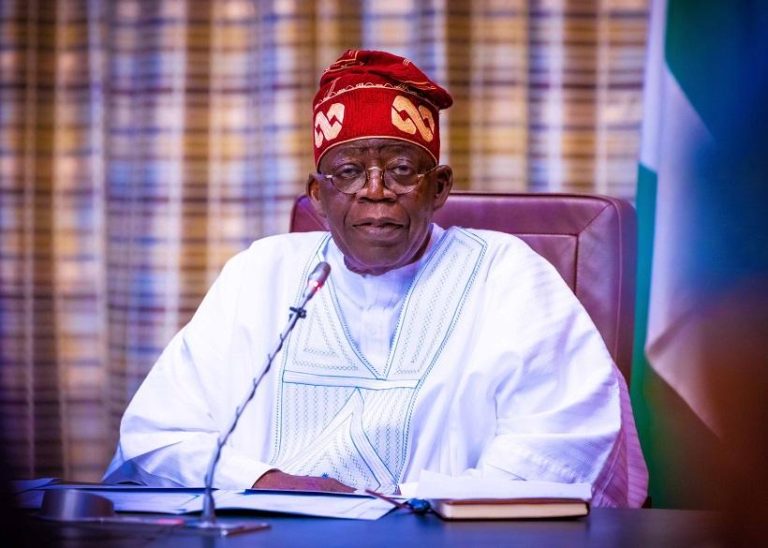
Executive Director of the International Energy Agency, Fatih Birol addresses a session on day five of the COP26 UN Climate Summit in Glasgow on November 4, 2021. - Global CO2 emissions mainly caused by burning fossil fuels are set to rebound in 2021 to levels seen before the Covid pandemic, according to an assessment that served as a "reality check" to vague decarbonisation pledges at a UN climate summit. (Photo by Daniel LEAL / AFP)
Executive Director of the International Energy Agency (IEA), Fatih Birol, has said that global oil demand growth is slowing significantly, driven by China’s economic slowdown and the rise of electric vehicles.
Speaking in an interview, Birol stated: “Global oil demand growth is slowing down. Mainly because of China. In the last ten years, more than 60% of global oil demand growth came only from China, and 40% from everybody else put together.
“Now, Chinese oil demand growth is slowing, mainly because the Chinese economy is slowing down. Everybody agrees that the IMF, the Chinese Communist Party, financial institutions in this country—for obvious reasons. Plus electric cars.”
He noted that the IEA had correctly predicted this slowdown despite controversy at the time. “Last year, 2024, there was a big controversy. We said at the end of 2024, global oil demand would slow down and increase less than 1 million barrels per day. Some other institutions said it would never be below 2 million. At the end of 2024, we were spot on. But nobody wrote anything about it. So we are a humble organisation. This is the way we are going to see it.”
Birol highlighted the growing supply from the Americas as a major driver of market dynamics. “There is a big production of oil coming from the Americas—the US, Canada, Brazil, Argentina, and Guyana. I call it the American quintet. The biggest growth comes from the US; it is a very strong production growth. But demand growth is slowing down globally.”
He stressed, however, that despite slowing demand, continued investment in oil remains necessary. “This doesn’t necessarily mean we don’t need investment in oil. Oil fields, like human beings, are very productive but come to a peak, and after the peak, they start to decline. In order to compensate for the decline in existing fields, you have to inject money. Today, 90% of the investment going to oil is to compensate for the decline in existing fields, and only 10% is to meet demand growth.”
According to the IEA chief, the imbalance between strong supply and weaker demand is helping to keep prices relatively stable. “Since there is a lot of supply coming from the American quintet and demand is weak compared to the past, there is lots of oil in the market. Therefore, even though in the Middle East so many things are happening, and in the world so many things are happening, prices are still $60—comfortable prices.”
Turning to Europe’s energy security, Birol warned that the continent’s past policy choices had left it exposed. “I live in Paris. I came here to meet with the US administration, but I meet with the European administration, the Japanese, the Indian, and everybody else. But we are in a very difficult situation as far as energy is concerned.
“First, the energy prices are much higher—a major problem for the competitiveness of the European economies. And second, energy security is a huge risk. In my view, in Europe, the last 30 years saw three historical strategic mistakes, and they cost them in terms of the economy, energy, foreign policy, and even defence,”he said.
Boluwatife Enome



